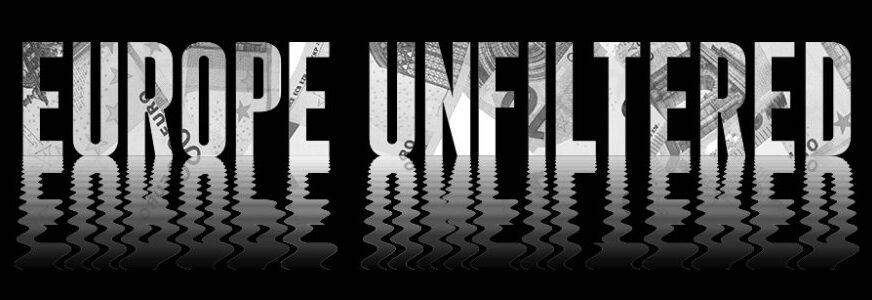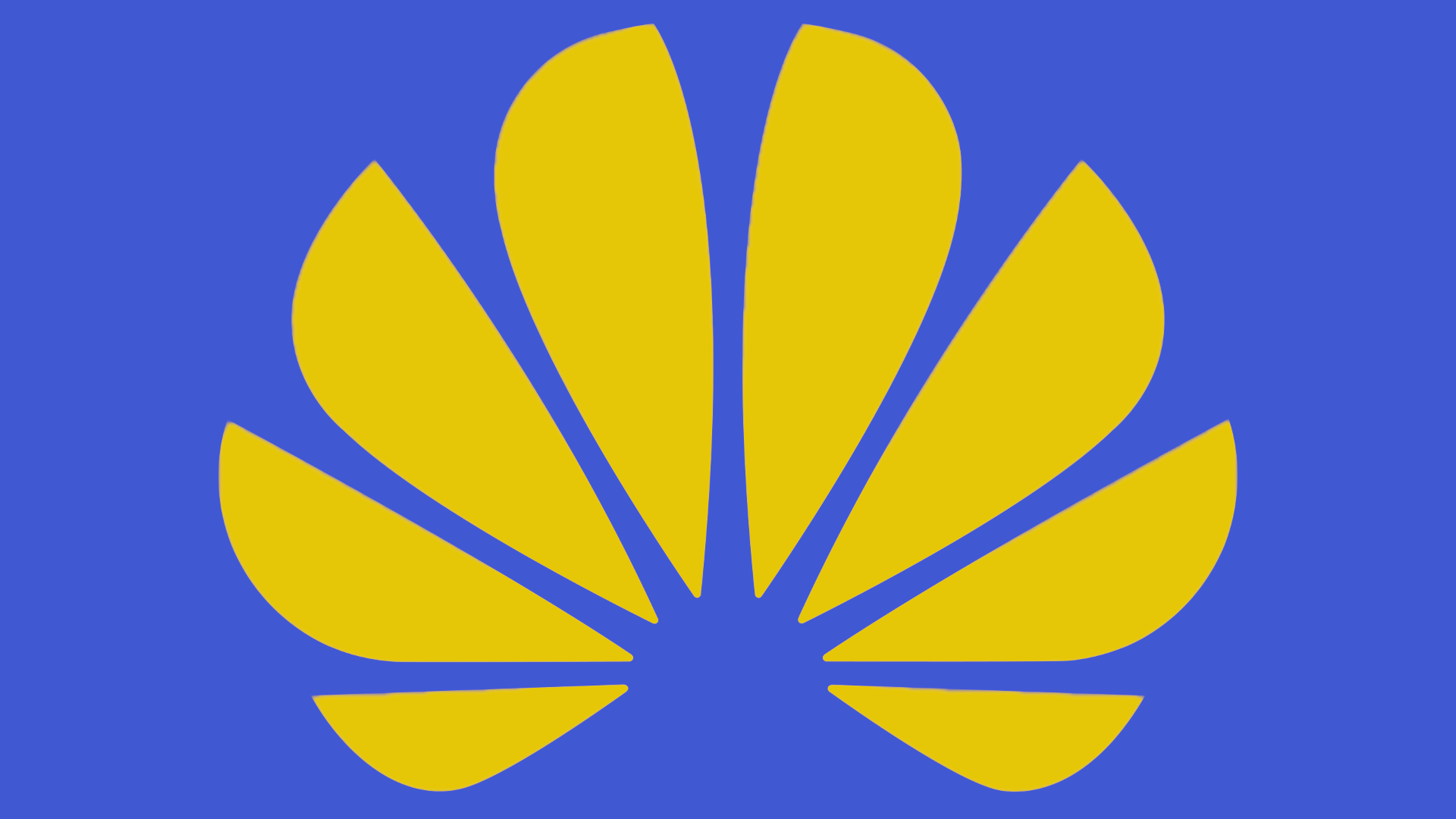Global anti-corruption watchdog Transparency International’s March 13 press release was short, but straightforward. The new allegations of bribery (by now known as the Huaweigate) ‘show how it [the European Parliament] failed to learn any meaningful lessons from its previous corruption scandals. (…) This is wholly reminiscent of the to-date largest scandal to tarnish the European Parliament, 2022’s Qatargate’.
The document continues, stating, ‘In response to that corruption scandal, the European Parliament had the chance to put into place wholesale ethics reforms, preventing its Members from accepting gifts, taking lucrative side hobs, putting in place robust whistleblower protections, ending the revolving door for MEPs, and putting in place an effective sanctioning system. But instead of choosing meaningful chance, MEPs instead opted to adopt weak and cosmetic reforms that would fail to prevent further corruption cases’.
No wonder Huaweigate could happen. (And makes one wonder how many other cases go on unnoticed.)
The institution that boasts about its own indispensability, never-ever stops to demand greater role to itself, citing its supposed democratic status as the only directly elected organ of the EU, the staunch and loud protector of the rule of law … makes a mockery of democracy, over and over again.
Thus could happen, that in the past few years, the European Parliament seemed to ‘have attracted more attention with scandals than with law making’.
The main difference between the two ‘gates’ (Qatar vs Huawei) is that in this latest case, it was not a country, but a business that got caught red handed. The rest (including the method) was hauntingly similar. The Netherlands-based investigative platform Follow the Money was the first to report about the investigation started by the Belgian federal prosecutor’s office against Chinese tech giant Huawei and MEPs.
Amidst the over 13,000 lobbyists registered to Brussels, Huawei’s mere 16 doesn’t seem that much, neither does the 76 high-level commission meetings they conducted since 2015. Available data suggests that the company spent around $3 million annually on lobbying – but as the European Parliament failed to implement stricter rules for lobbying activities, those numbers can be higher.
The symbolism of the whole affair is more significant.
In the moment when the EU is seeking to distance itself from China and several member states have already limited Huawei’s role in strategic infrastructure, MEPs and their assistants eagerly accepted gifts (smartphones, tickets to football matches and other events, and travel perks), in exchange for political support.
The question seems to arise quite naturally: if Huawei, as a state-sponsored flagship project, was considered so dangerous that its appliances were banned from the buildings of the European Union (pretty much like TikTok was banned from any device within the Berlaymont) and the company itself wasn’t allowed to participate in any serious public procurement or research funding (along with fellow Chinese tech company ZTE), let alone building a 5G network, and was forced to scale back its operations in Brussels, Paris and London to pivot to its domestic market – then how could it have registered lobbyists at the same time?
Unless, of course, lobbying is not considered to be a security risk – not even when it’s done in the name of someone (something) considered to be one.
Though many have rung the alarm bells earlier, for example Corporate Europe Observatory, CEO, that has published a lengthy report already in 2019, detailing Beijing’s efforts to flex its soft power in Europe, pointing at possible risks behind the lavish parties and six-figure salaries offered to former journalists and politicians – no steps were taken to contain it. (In fact, Transparency International EU filed a complaint against the company in 2022, yet OLAF decided not to open an investigation, stating that there was no sufficient suspicion.)
After all, it was only after the first media reports that the European Parliament (and the European Commission) temporarily banned Huawei lobbyists from entering all of its premises in Brussels, Strasbourg and Luxemburg, nine of whom had the privilege previously.
And it was only after the news that DIGITALEUROPE, an influential tech industry group has temporarily suspended Huawei from membership, as ‘a precautionary measure to safeguard the effective operations of the association’, emphasizing at the same time that the step ‘does not imply any assumption of guilt’.
Understand: Huawei might be able to continue lobbying, after all.
And it still remained aligned to several think tanks networks and trade associations, in spite of its profile being suspended in the Transparency Register. It also has a few listed intermediaries like Alber & Geiger, MUST & Partners and alike.
As the case is still evolving, details are still scarce about what exactly did Huawei and the 15 suspects involved do that falls under the category of ‘active corruption within the European Parliament’, but accusations include bribery, money laundering and document forgery, all within the framework of a criminal organization.
The alleged misconduct took place ‘regularly and very discreetly from 2021 to the present day’ and it supposedly involved ‘renumeration for taking political positions, excessive gifts like food and travel expenses and regular invitations to football matches … with a view to promoting purely private commercial interests in the context of political decisions’, as Belgian prosecutors stated.
Knack’s report gave detailed descriptions on how some payments were ‘labelled’ reimbursements for conference attendance expenses, while others got paid via intermediaries (e.g. via Portugal) to conceal their true nature.
The prosecutor’s office informed the president of the European Parliament, as required by the procedure. The parliament promised to assist the investigation, and that it will do it ‘swiftly and fully honour this’.
President Roberta Metsola hurried to defend the institution’s integrity, claiming that it was actually thanks to Parliament’s reforms that helped it to identify alleged Huawei corruption earlier. Belgian prosecutors so far failed to confirm that they indeed received the information from the Parliament and not thanks to the joint investigation by Follow the Money, Knack and Le Soir.
In her defence, Metsola did send a letter to Belgian authorities in May 2023, trying to acquire information with regard to potential threats posed by Huawei’s activities – but not much was done for almost two years.
Just like after Qatargate, demands for more transparency and stricter enforcement of ethical rules are plentiful, as the scandal threatens to further tarnish the Parliament’s already shaken reputation.
Yet, the Parliament failed to learn the necessary lesson that could have prevented yet another scandal after Qatargate.
Well, when almost 1 in 4 EU lawmakers is involved in scandals or breaking the law – let it be harassment or corruption – it’s probably not that surprising that the European Parliament has notoriously resisted the attempts to change its ethics rules.
French MEP Manon Aubry called this the ‘institutionalized opacity in the European Parliament’, adding that ‘nothing has been done in recent years despite our numerous proposals’.
The same was declared by Corporate Europe Observatory. In a statement issued in the wake of the scandal, they pointed at the lack of robust action on transparency and ethics. CEO blames the scandal on ‘the ongoing and systemic failures of lobby monitoring, transparency and ethics enforcement (including regarding MEP gifts and conflicts of interest)’, especially the resistance of EPP that is ‘currently trying to actually turn back transparency measures’.
Cooperating with Chinese lobbyists also seems to fall under a double standard: though Huawei could go on for years, without bothering anybody, in the past, several MEPs faced accusations and consequences for similar acts.
AfD’s Maximilian Krah and Vlaams Belang’s Frank Creyelman and Filip Winter could tell stories about the steps they were forced to take after cooperating with Chinese lobbyists. Coincidentally, they all belong to parties that are considered ‘right wing’ and are kept behind firewalls. The Parliament was far less enthusiastic now to take steps against one of the accused in the Huaweigate, Valerio Ottati (a former adviser to two EPP MEPs), than back then, against them.
So far, systemic solutions are blocked by the EPP, while the problem slowly spirals out of hand. As the latest report shows, the ‘whisperers’ are getting more and more adapted to the changing environment in the EU (for example by sending more female lobbyists as they are more likely to land face time with an official or employing the tactic of hybrid lobby-lawyering).
Either way, as long as regulations remain vague and enforcement is scarce, it is just the question of time before another scandal surfaces. Until the European Parliament takes a serious step (or until European voters finally have enough of it), foreign lobby organizations will continue to bypass rules and access MEPs.

